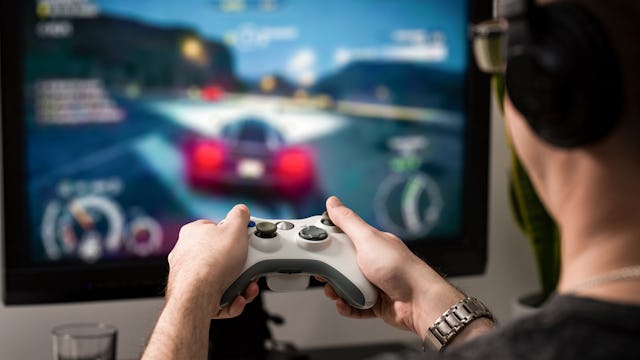Video Game Addiction Is Now Officially Classified As A Mental Illness

The World Health Organization just codified ‘Gaming Disorder,’ and people have opinions
Kids who can’t seem to get enough of Fortnite apparently might not just love their favorite game. They actually may have a legitimate addiction. At least, that’s according to the World Health Organization (WHO), which officially codified “Gaming Disorder” in its latest International Classification of Diseases, which was released today.
According to WHO, Gaming Disorder differs from regular gaming. That’s because it involves some extreme factors, including:
- persistent and recurring gaming
- impaired control over when and how often to play
- giving video games precedence over other activities, including necessary ones like work and school
- continuing to play, even if there are negative consequences
WHO also notes that Gaming Disorder requires severe enough symptoms to impact the person’s personal, family, social, educational or work life. It also calls for recurring symptoms over a period of at least 12 months, so if your kid is obsessed with a new game for a while and then loses interest, it probably doesn’t qualify.
Image via WHO
In layman’s terms, gaming disorder is like any other addiction. It needs to cause negative consequences and interfere with other activities. The person also needs to be unable to control it. Otherwise, it’s just gaming, which isn’t a problem.
Of course, this decision by WHO is pretty controversial. On Twitter, people are speaking out on both sides of the issue.
Some are referencing studies that show evidence both for and against classifying gaming addiction as a mental illness.
Others are pointing out similarities between video games and gambling, which is already a recognized addiction.
Others, though, think this is all overblown, and video games are a good thing for many people.
And still others point out that addiction can happen with anything, because it’s about the symptoms, not the activity.
WHO argues that this classification will make it easier for people who are addicted to gaming to seek treatment. But that isn’t sitting well with everyone, either.
But whether people agree or not, this is official. And like with any activity, making sure it doesn’t interfere with other aspects of your kid’s life is probably for the best.